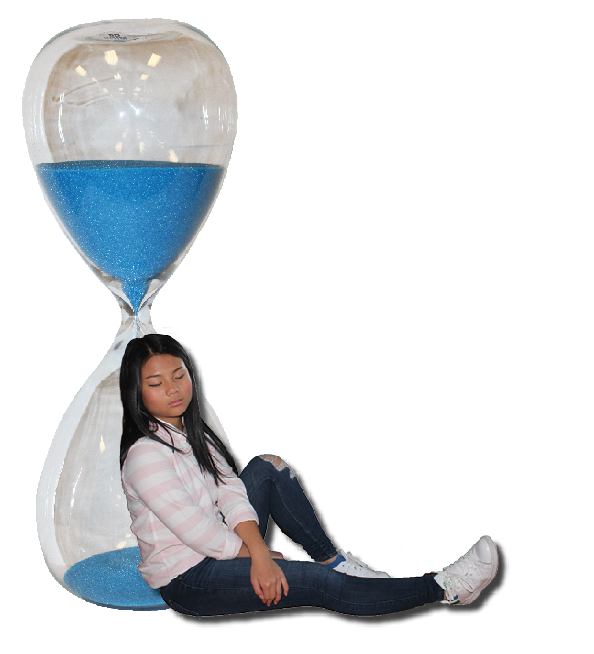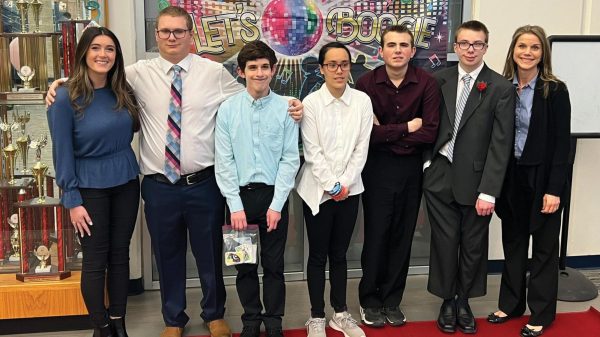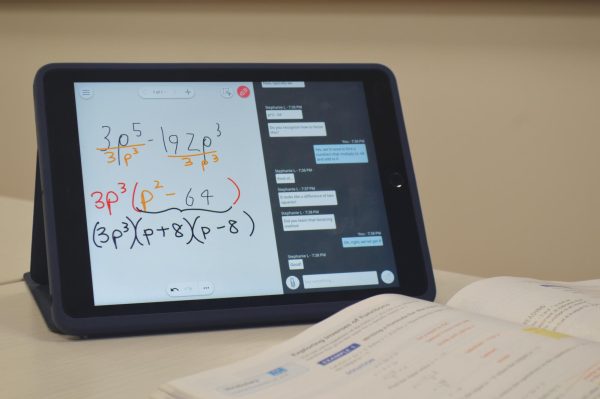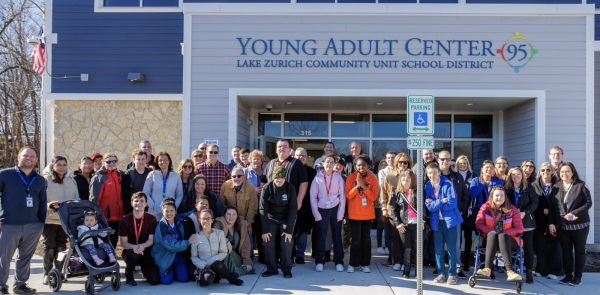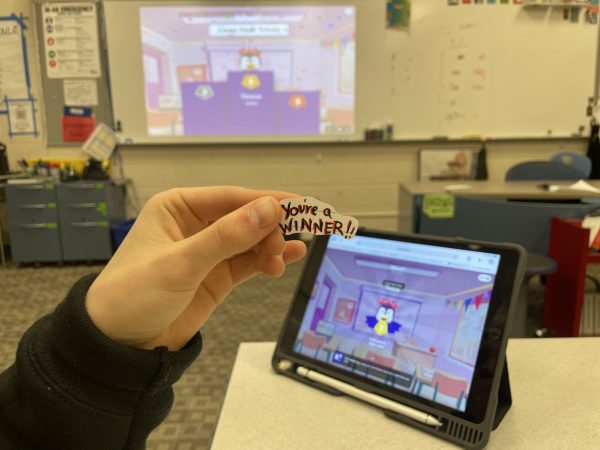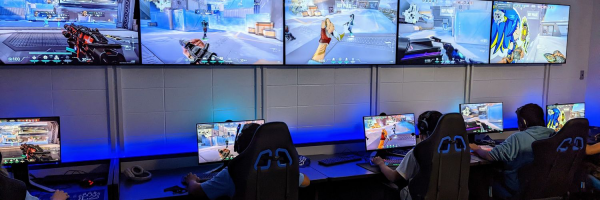Chasing the Zzzz: syncing up to the time of our body clocks
Before iPhones and modern day alarms, for millennia, humans depended on an alternative clock to start their day: their own bodies. Human circadian rhythms serve as a natural clock to guide you through your day, but the question arises: are we unintentionally working against them?
“Humans [have] had an established circadian rhythm, but then we introduced factories, changed the workplace hours, [and] surrounded ourselves with artificial light and a workload that keeps us up until midnight,” George McNalis, AP Psychology teacher, said. “That’s why we are so obsessed with circadian rhythms. We’re trying to fix and understand the problems we created by messing with our body clocks because we are working against them.”
As McNalis mentions, circadian rhythms are the body’s answer to the daily cycle between day and night. The ticking of this 24 hour cycle dictates when humans experience hunger, when we are more likely to have a heart attack, and the time of day we learn best, according to the American Academy for Sleep Medicine (AASM) says that. Messing up our established rhythms, as McNalis mentions, has the greatest affect on students aged anywhere from as early as 11 to 18. Teenagers sleep differently than their adult counterparts: most teens need at least 8 hours of sleep and according to the AASM, changes to their circadian rhythm during puberty tend to leave them feeling more tired in the evening, with only a later start time leaving students properly rested.
“School starts at 7:55 most likely due to bus scheduling and other logistical reasons,” Sean Ginn, busy athlete and senior, said, “but there are many negatives to starting early — [one of] the most concerning being decreased focus on classwork and health problems.”
Many educators worry about the negatives Ginn touches on caused by early start times, late school days, and busy after school schedules common with students like Ginn. Many teens are at risk of seriously damaging their internal clocks and their long term health. Aside from falling asleep in the middle of class, sleep deprivation contributes to a slew of problems pertaining to health and cognitive ability. According to the New York Times, a lack of sleep can lead to decreased brain power, mood disorders such as depression, suicidal thinking, and even a higher risk of getting into hazardous situations like car accidents.
“Our bodies are just like a machine. We need to rest in order to function normally on a daily basis,” Donna Nguyen, heavily involved sophomore, said. “I think that fighting against our body is damaging to our bodies because we’re not receiving the right amounts of replenishment that we really need to live a healthy life. If the healthy amount of sleep is 8 hours and we are not getting it, then we are basically running [like] a car with no gas; that has to hurt [us].”
For these reasons, plenty of educators advocate later start times to help reduce the damage of working against circadian rhythms on students like Ginn and Nguyen. Because of their multiple honors and AP classes, along with participation in various clubs, Ginn and Nguyen extend their school days long after 9th period. Nearby districts such as Barrington and Stevenson have made the shift, starting school at 8:30am, and nationwide, many groups are lobbying to push start times to at least past 8:00am.
“It makes sense why people want to start school [a little bit] later,” Nguyen said. “Waking up at 6:00am and going to sleep early enough to get 8 hours of rest is simply unrealistic with the amount of work that is given to us every night.”
On the contrary, Ginn argues that later start times may have the opposite effect than intended.
“On normal days cross country finishes around 5:30 and I’m usually home by 6:00, but on days where I have band or work, I don’t get home until nine to ten,” Ginn said. “Later start times means later end times, and then kids will be going to sleep even later, so I don’t think the problem is easily fixed just by starting school later.”
Some find that the answer to helping teens sleep better is impossible but according to McNalis, the beginnings of solution for getting more sleep can be found within students and how they let their indivudal relationship with technology affect their sleeping habits.
“Technology has gotten so good that the artificial lighting can mimic daylight. Humans are designed for daylight, and when phones and computers are so good that they can trick the mind into thinking it’s sunlight, it messes up our body clock completely,” McNalis said. “The best advice I can give to someone that wants to sleep better is to put their phones away. They can go to sleep earlier, and this will help with at least some of the problem we face.”
Nguyen and Ginn agree that the solution to the problem is not as straightforward as changing start times for school. Although pushing the first bell past eight o’clock may solve a part of the issue, both believe there are many other steps that can be taken for adolescents to get the best sleep possible, such as putting all of their technology away before bed.
“Being aware of yourself and the way you work is a step in the right direction,” Nguyen said. “So, while schools are trying to figure out start times, students need to start putting their phones on the other side of the room, or not touch their computers after a certain time at night. I know that’s part of what keeps me up at night.”
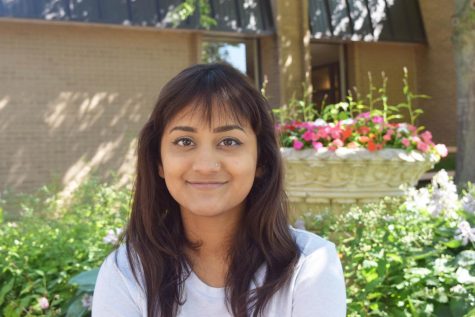
The most important thing you need to know about Ria is that Shonali is her real name. This will be her second year on staff as the co-editor of Bear...

